Chad Presidential Election 2016: Guide To Candidates, Key Issues, Rules And Results
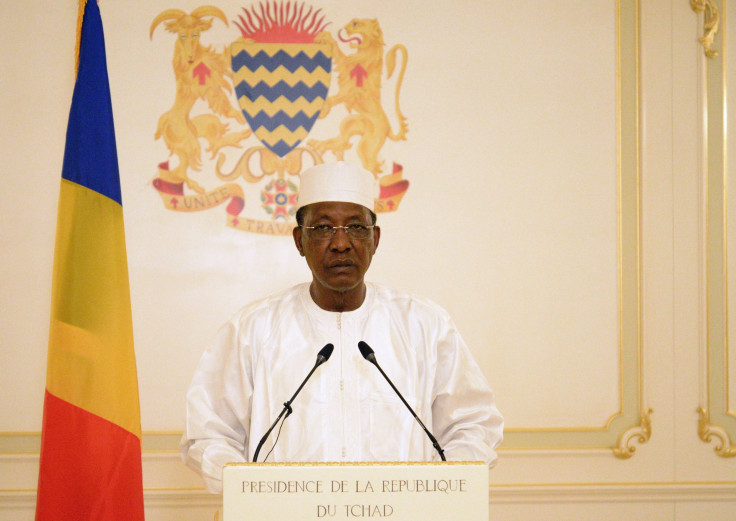
Chad’s voters must decide whether to re-elect one of Africa’s longest-serving leaders when the country conducts its presidential election Sunday. President Idriss Déby, who has been in power 26 years, is seeking a fifth term with a campaign buoyed by a fractured opposition and his image as a strong ally in regional counter-terrorism operations.
Candidates
Déby and his ruling Patriotic Salvation Movement (MPS) came to power when a 1990 coup ousted Chad’s then-President Hissène Habré. The ex-army commander since then has won the first round of every presidential election by a landslide, except the country’s first multiparty election in 1996. Déby changed the constitution in 2004, eliminating its two-term limit on presidential tenure. The Chadian leader has played a key role in the military campaign against the Nigeria-based terrorist group Boko Haram.
Demonstrators protesting Déby’s bid for a fifth term in power have in recent months urged the leader to step down. Déby promised to address their concerns by reintroducing presidential term limits in the event he wins re-election. Chadian police cracked down on the demonstrators and detained at least five leading activists ahead of the election Sunday, Agence France-Presse reported.
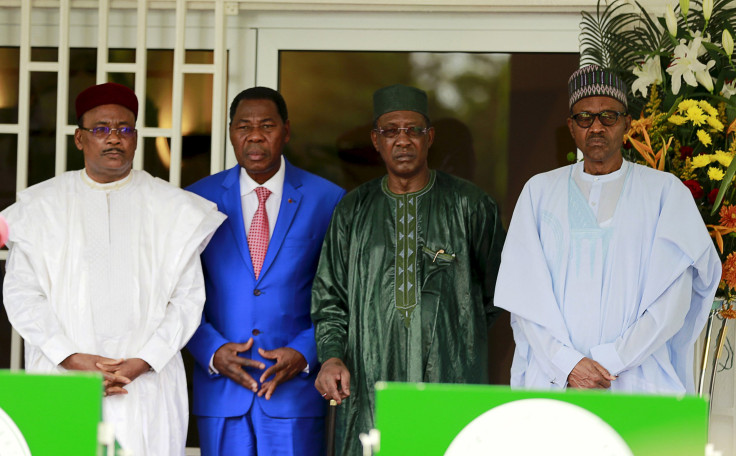
Déby faces 13 challengers in the presidential election. Two of his closest rivals are former ministers in his government. One is Saleh Kebzabo, a trained journalist and the country’s main opposition leader who previously held various portfolios in Déby’s cabinet between 1993 and 2001. This is not the first time Kebzabo has attempted to unseat Déby. He ran against him in the 1996 and 2001 presidential elections, but finished third on both occasions. Kebzabo, 68, leads the National Union for Development and Renewal (UNDR). He has accused Déby of turning Chad’s armed troops into mercenaries that intervene to “personally enjoy the dividends.”
“Chadians are ripe for change and alternation,” Kebzabo said in a recent interview with Radio France Internationale, aka RFI. “We will strengthen genuine cooperation and not a state-to-state bidding situation.”
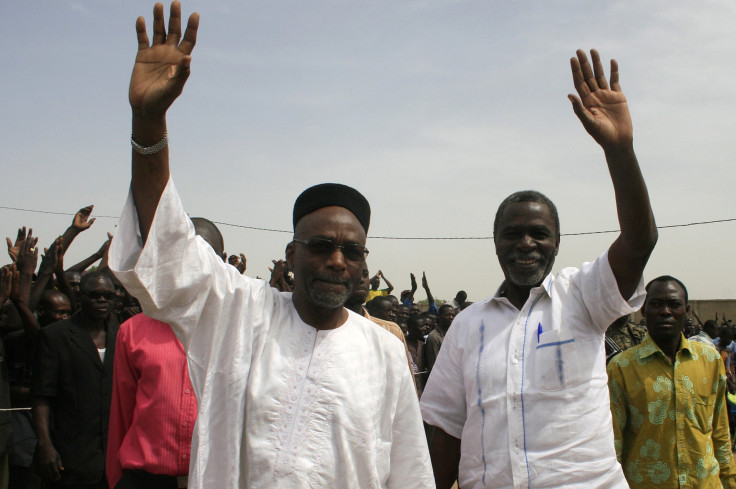
The other top challenger is Joseph Djimrangar Dadnadji, Déby’s former prime minister who resigned from the ruling MPS in 2015 to form the Popular Action Framework for Republican Solidarity and Unity party. Dadnadji has long criticized Déby’s management of the former French colony.
“The first step I take if elected is to restore the functioning of the republic ... The biggest problem for us is justice,” Dadnadji said in a recent interview with RFI. “The sky will not fall on the Chadians when Déby loses power on April 10.”
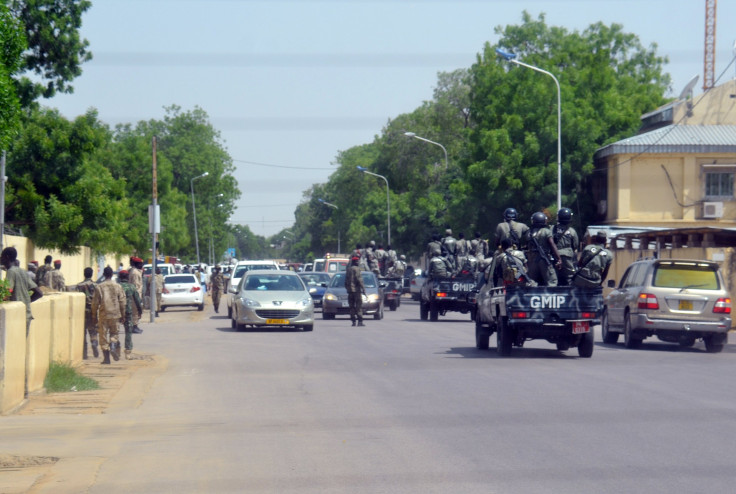
Key Issues
Chad is an oil-rich landlocked country in northern Central Africa, bordered by Cameroon, the Central African Republic, Libya, Niger, Nigeria and Sudan. The nation is smack in the middle of a volatile region, and it has experienced its own waves of instability and violence since gaining independence from France in 1960.
The Chadian military is contributing troops in the regional fight against Boko Haram, which has launched attacks on Chad from the Nigerian border. Déby’s government in November declared a state of emergency in the flashpoint region of Lake Chad, which also straddles Cameroon, Niger and Nigeria, according to AFP. Cooperation in regional anti-terrorism operations and security must be among the top priorities of whichever presidential candidate wins election.
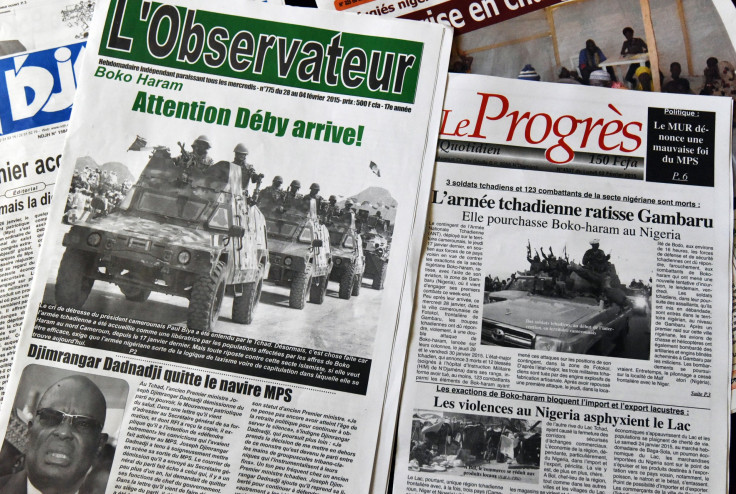
Another priority will be diversifying the economy, which is largely dependent on oil revenue. Chad’s economic growth in 2014 was estimated at 7.2 percent and could reach 9 percent in 2015, thanks to the beginning of production in new oil fields. But declining global prices of oil are threatening the country’s economic growth and could squeeze government revenue, according to African Economic Outlook.
Despite Chad’s oil wealth, about one-half of its population is entrenched in poverty, with the recent low oil prices and the high costs of anti-terrorism operations exacerbating the situation. Drought has also worsened poverty levels. Most Chadians rely on farming, herding or gathering for their livelihood.
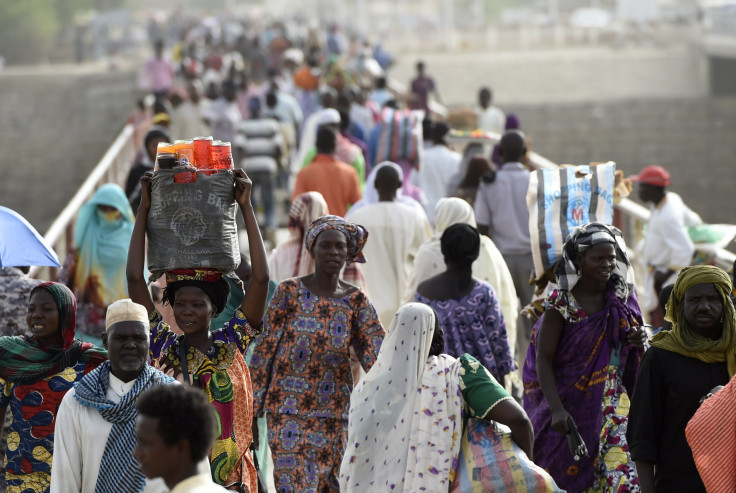
Rules and Results
A president is elected in Chad for a five-year term, and there are no limits on his or her presidential mandate. A presidential candidate must obtain an absolute majority of valid ballots cast to avoid a runoff with the second-ranked candidate April 24. The winner in a runoff is determined by a simple majority.
Chad’s National Independent Electoral Commission (CENI) is tasked with organizing and supervising elections. The country’s Constitutional Council is responsible for vetting and publishing the names of presidential candidates as well as for verifying and announcing election results.
Provisional results should begin to trickle in within days after the election. The council will announce the final results within 10 days following the conclusion of voting, assuming there are no disputes. If the election is annulled because of irregularities or other issues, another vote will take place within 15 days of that decision, according to Chad’s constitution.
© Copyright IBTimes 2024. All rights reserved.





















